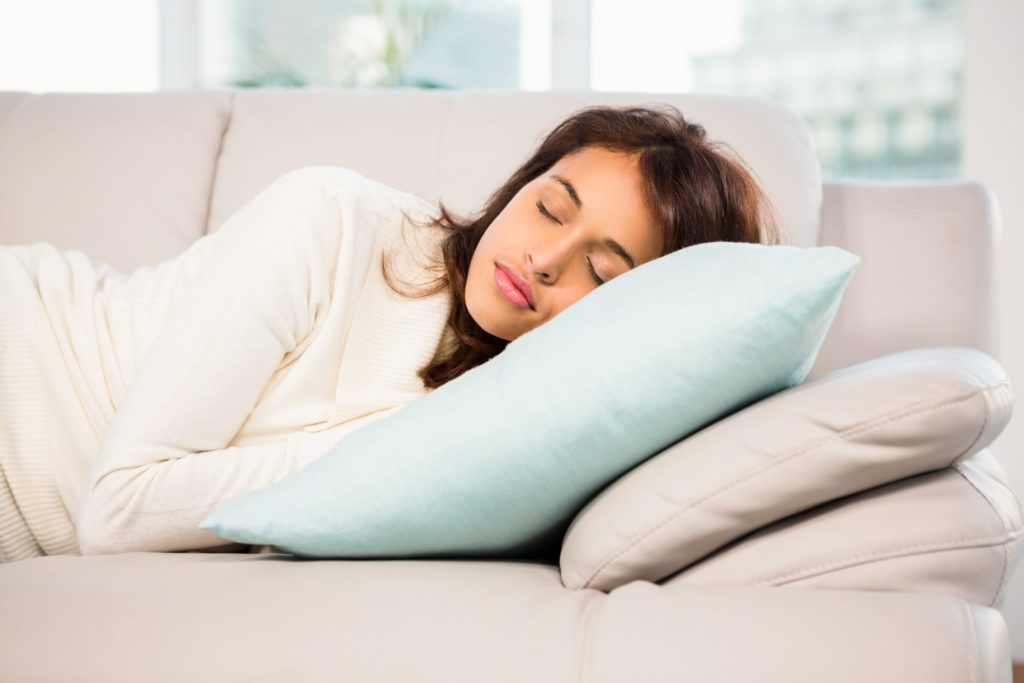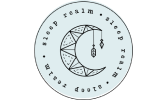If you hit a mid-afternoon slump, you may be worried that taking a quick nap will make you feel more sleepy than before, but that’s not always the case. While adults don’t need to nap, snoozing during the day is a great way to recharge and catch up on any lost sleep the night before.
To maximize the benefits of a nap and avoid any downsides, it’s important that you do not oversleep during the day. The ideal nap time is short enough to leave you feeling energized to complete the rest of your day, not wanting to go back to bed.
Here’s some useful information to consider if you’re wondering, “How long should I nap?”
Health Benefits of Naps

While adults do not need to nap, there are many benefits of taking a quick rest during the day. Including:
- Boosting your immune system: Lack of sleep can negatively impact your ability to fight infection. Adding naps to your schedule can help improve the function of your immune system.
- Improve alertness: Taking short naps can help improve mental alertness and performance.
- Improving stamina: Taking short can help you maximize physical activity.
Best Nap Length
To experience the health benefits of sleeping during the day, it is important to consider the ideal nap length. While there is no “magic number,” below is a guide to how you can match your nap to the sleep cycle to enjoy the perfect nap time.
If you take frequent naps, try to nap at the same time each day to ensure you’re getting the right amount of sleep.
20 Minutes
A 20-minute nap is all you need to experience the benefits of immune support, improved alertness, and increased stamina.
This is the optimal nap time for keeping you in the first and lightest stage of sleep, where it is easy to wake without feeling groggy or disoriented.
90 Minutes
This length gives your body enough time to go through a complete sleep cycle, meaning you’ll go from lighter stages of sleep to deeper sleep and then back to lighter stages. This is the best amount of time to nap if you want to boost your memory and creativity.
Avoid 30 to 60 Minute Naps
Any time in between these numbers is not ideal, as it will take you to deeper stages of sleep but does not give you enough time to return to a lighter stage, meaning you’ll wake up feeling more groggy and less alert than before.
Is a 2 Hour Nap Too Long?
While short naps can be beneficial, frequently napping for too long can have detrimental effects on your health.
When you nap for more than an hour, your body can enter REM sleep, the deepest sleep stage. Not only can this make you wake up feeling groggy and not refreshed, but it can make it harder to fall asleep at night.
Takeaway
Naps have numerous health benefits and can support your overall wellbeing. However, you should keep in mind that shorter is better when considering how long to sleep during the day to avoid the health risks of oversleeping.


